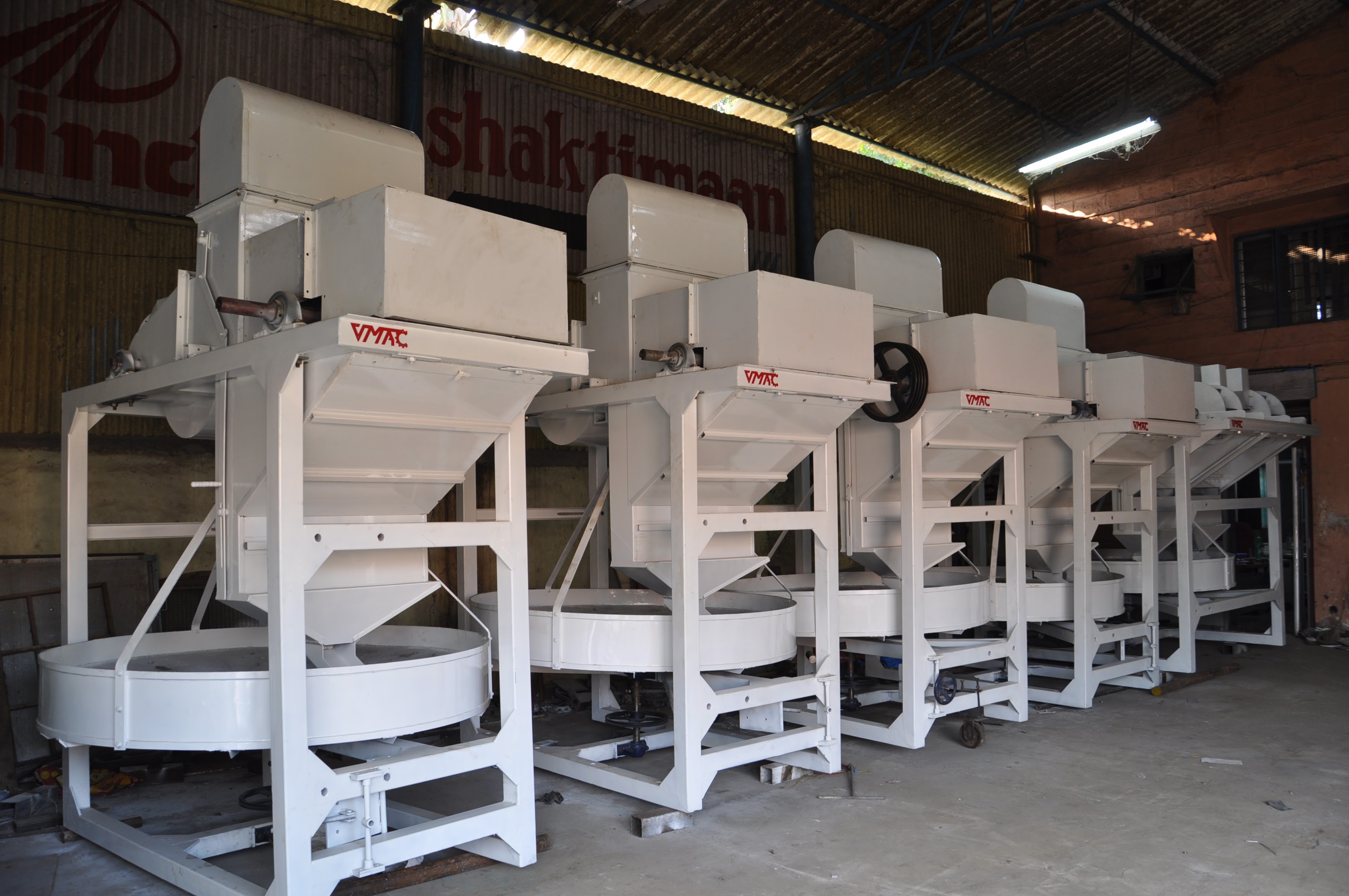
Production
Mastering Coffee Production
At Vmac Industries, we've mastered the balance between traditional craftsmanship and modern technology.
Coffee is more than just a beverage; it's a daily ritual for millions of people around the world. Among the various brewing techniques, the drip coffee method stands out as the most popular due to its simplicity, convenience, and ability to produce a flavorful cup with minimal effort. In this article, we'll delve into what makes the drip coffee method so beloved and how you can perfect it at home.
The drip coffee method involves pouring hot water over ground coffee beans contained in a filter. The water passes through the grounds, absorbing their flavors and aromas, and then drips into a carafe or cup below.
Automatic Brewing: Often performed using an electric drip coffee maker.
Use of Filters: Paper or reusable filters hold the coffee grounds.
Consistency: Delivers a uniform taste with each brew.
Ease of Use: Simple setup requires minimal effort.
Time-Saving: Brews multiple cups at once, ideal for busy mornings.
Programmable Options: Many machines offer timers and auto-start features.
Affordability: Wide range of models available to suit different budgets.
Availability: Commonly found in homes, offices, and restaurants globally.
Reliable Flavor: Produces a consistent taste, making it a favorite for daily coffee drinkers.
Low Maintenance: Easy to clean and maintain.
Preparation:
Water Reservoir: Fill with cold, fresh water.
Filter Basket: Insert a paper or reusable filter and add medium-ground coffee.
Heating:
The machine heats the water to the optimal brewing temperature (around 195°F to 205°F).
Extraction:
Hot water is evenly dispersed over the coffee grounds.
Water extracts flavors as it passes through the grounds.
Collection:
Brewed coffee drips into the carafe or cup.
A warming plate keeps the coffee hot.
Showerhead: Distributes water evenly over the coffee grounds.
Filter: Prevents grounds from entering the brewed coffee.
Carafe: Collects the brewed coffee.
Volume Brewing: Can make large quantities, suitable for groups.
Hands-Free Operation: Set it up and let the machine do the work.
Adjustable Strength: Control coffee strength by altering the coffee-to-water ratio.
Flavor Variety: Experiment with different coffee blends and roast levels.
Economical: Lower cost per cup compared to specialty coffee shops.
Durability: Machines are long-lasting with proper care.
Use Freshly Ground Beans: Grind beans just before brewing to preserve freshness.
Measure Accurately: Use the recommended ratio (about 1 to 2 tablespoons of coffee per 6 ounces of water).
Quality Water: Use filtered water to enhance taste.
Clean Regularly: Prevent buildup of oils and minerals by cleaning the machine routinely.
Pre-Wet the Filter: Rinsing the filter can eliminate any papery taste.
Drip: Cleaner taste with less sediment.
French Press: Full-bodied flavor but may have sediment at the bottom.
Drip: Milder flavor, larger volume.
Espresso: Strong, concentrated coffee served in small quantities.
Drip: Automated and convenient.
Pour-Over: Manual control allows for precision but requires more time and attention.
The drip coffee method remains the most popular brewing technique due to its balance of convenience, efficiency, and consistent quality. Whether you're a coffee novice or a seasoned aficionado, mastering the drip method can elevate your daily coffee experience. By paying attention to details like bean freshness, grind size, and machine maintenance, you can enjoy a delicious cup every time.
Upgrade Your Equipment: Consider investing in a high-quality drip coffee maker.
Experiment with Beans: Try different roasts and origins to find your perfect flavor.
Learn More: Visit our Blogs for additional coffee insights.
Contact Us: For personalized recommendations, reach out via Contact Us.
Lastest blog posts